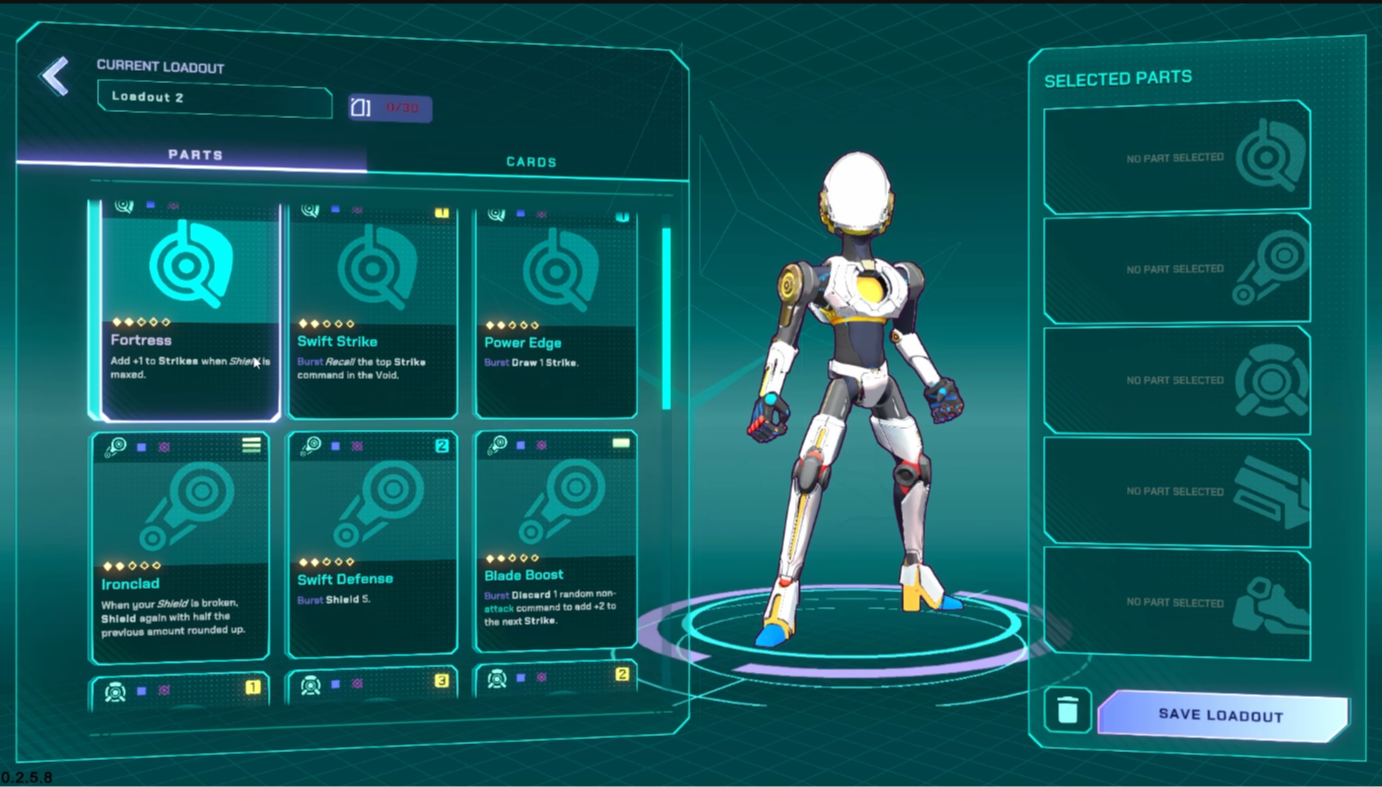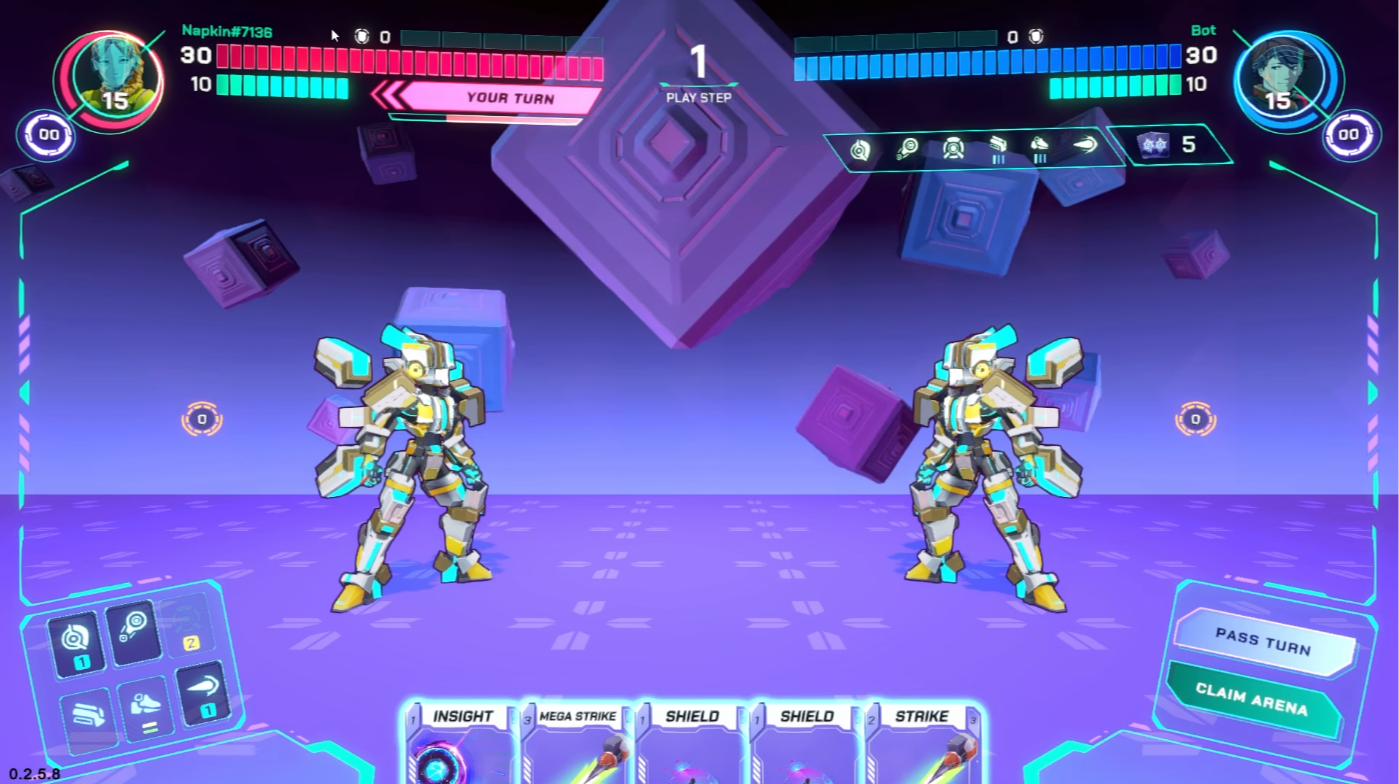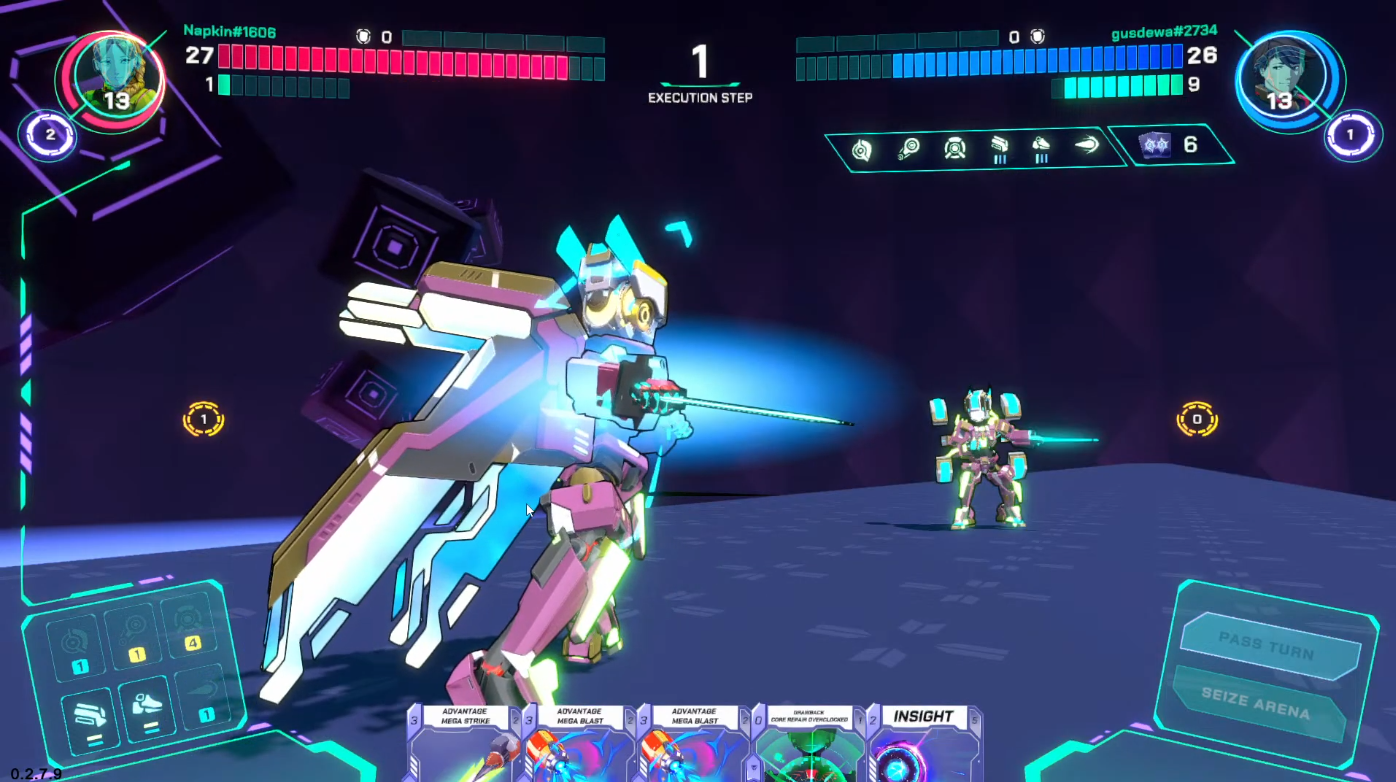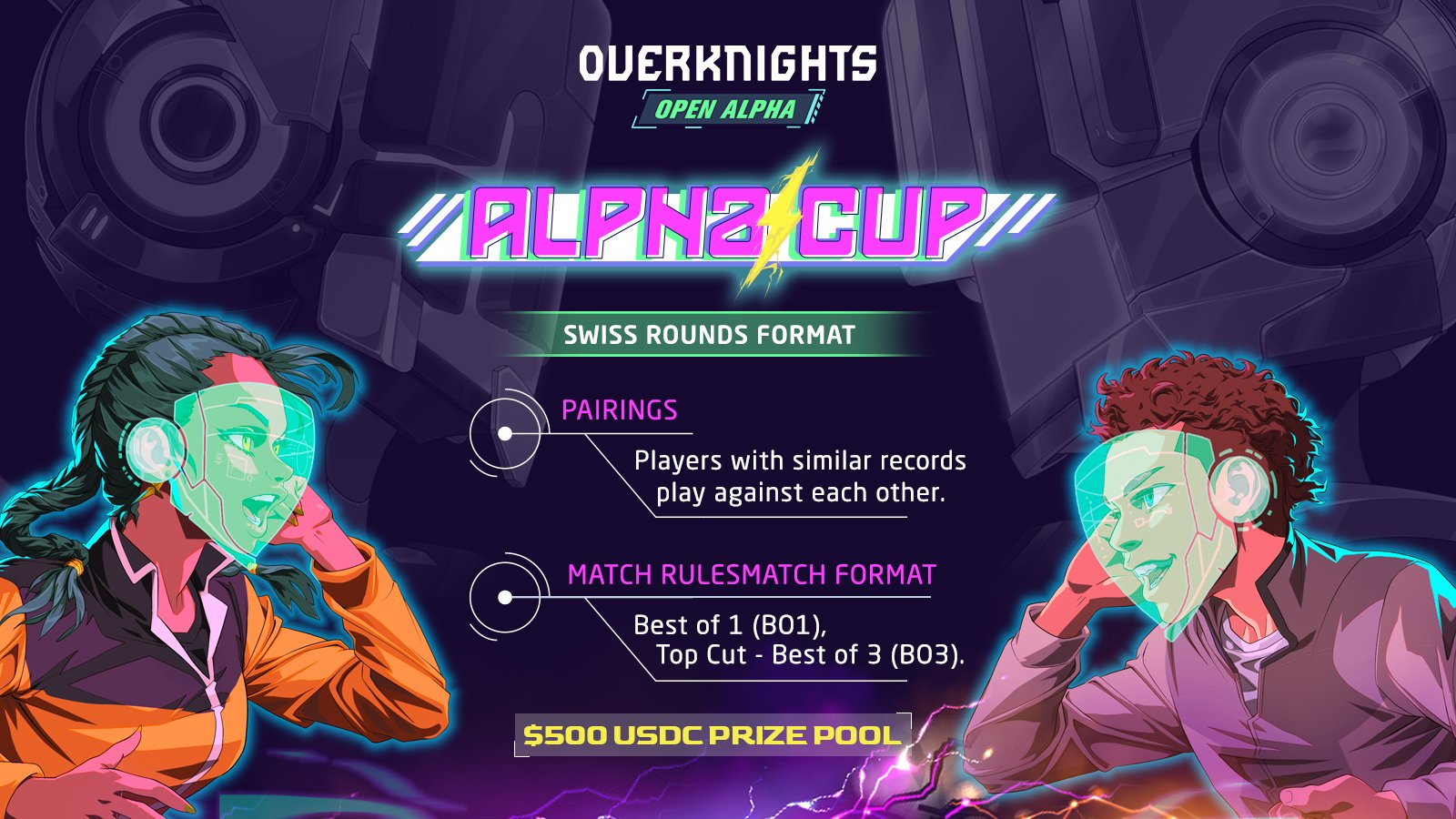OverKnights is already showing clear signs of having strong potential to enter the competitive scene. This article analyzes whether its structure, gameplay, and features make it suitable to evolve as an esports title.

What is OverKnights?
OverKnights is a free-to-play third-person game where players control customizable knights and fight in closed arenas round by round. Each match pits two teams against each other in fast-paced battles, with characters able to switch classes, gear, and abilities. The game emphasizes coordination and tactics over brute force.
From its design, OverKnights presents itself as an accessible yet deep game, opening possibilities for both casual play and a more serious competitive scene.
Mechanics that support competitive play
Round-based combat with permanent death
Matches are played in rounds, and once a player is down, they can't return until the next round. This forces thoughtful movement, teamwork, and avoiding mistakes. Decision-making is key.
Varied classes and customization
Each player can choose from classes with different roles: offense, defense, support, or versatility. This opens up space for team compositions, defined roles, and varied strategies—fundamental elements in esports games.

Closed and controlled arenas
Maps are small and symmetrical, avoiding unfair advantages. This supports fairer competition and allows teams to practice repeatable strategies.
Short rounds, dynamic matches
A match in OverKnights lasts no more than 5-10 minutes. This allows for smooth tournaments, quick series, and dynamic broadcasts for viewers—something essential in the esports ecosystem.

Key aspects that boost its Esports potential
Accessibility
Being free, with no entry barriers and simple controls, the game can attract a large player base. This is essential to create an active competitive scene with more opportunities to discover talent.
Strategic depth
Though simple on the surface, the game has layers of depth. The mix of classes, abilities, weapons, and playstyles makes each match unique. Constant adaptation is necessary.

Community and early competitive signs
Since its beta phase, the game has hosted small internal competitions and has been featured in gaming and web3 events. Some clans are already testing strategies, and the system easily supports community-run tournaments. Over time, this could scale to larger regional or international competitions.
Additionally, the economic model with digital rewards and unlockable cosmetics—without giving in-game advantages—helps maintain competitive fairness, a key factor in esports.

| Play Now | Official X |
21
0
NEWSLETTER
Subscribe!
And find out the latest news
Other news you might be interested in
Etiquetas







